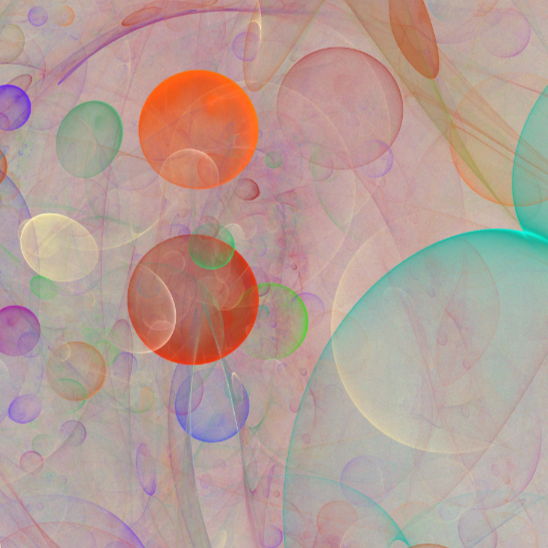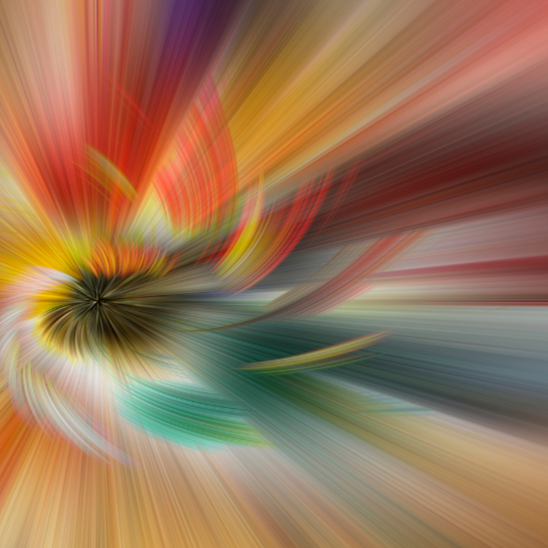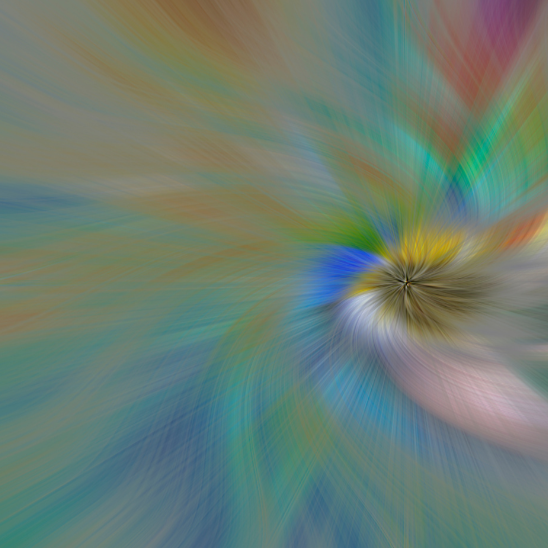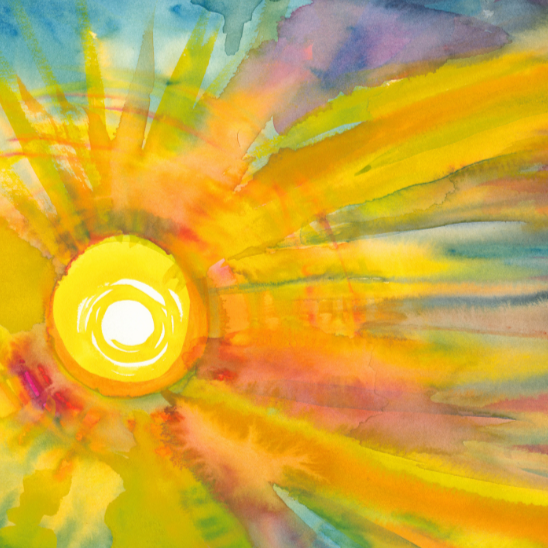“Did u hear about the rose that grew from a crack in the concrete?”
This is how Tupac Shakur begins his poem, “The Rose That Grew From Concrete,” which draws our attention to beauty and determination, even in the most incomprehensible situations.
A flower blooms without soil, proper nourishment, or care.
How could this be?
“Funny it seems but by keeping its dreams,” the poet continues, “it learned 2 breathe fresh air.”
The rose personifies anyone who has ever felt trapped, confined, cast aside, stepped over, or passed by. The poem speaks to the heart of suffering and pain’s role in developing strength that defies the odds, in allowing grace to perfect nature.
The biblical character Job had fortune, family, and faith. He lost everything but his faith, and Job’s turmoil culminates with an explosive dialogue with God, who challenges Job: “Where were you when I laid the foundations of the earth? … Everything under heaven is Mine.”
Yes, that means our pain, and especially the roses that burst forth from cracked concrete. Because when we lose all else but the dream, then the good fight really begins.
Job at last replies to God: “I know that You can do all things and that no plan of Yours can be thwarted … things too wonderful for me to know.” God restored Job’s health and prosperity, and Job’s story invites us to ask not only “Are defeats necessary?” or “Why does God allow trials?”
But more purposefully, “What is being revealed to us during trials and tribulations?”
When we first begin fighting for our dream, we have no experience and make many mistakes. The secret of life, though, is to fall seven times and to get up eight times.
Paulo Coelho
How does creation triumph over chaos?
Leviathan is a voracious sea monster, filled only by deceiving and feeding on humanity. Though not necessarily seen, but explored in literature as a serpent symbol of evil, upheaval, and envy, Leviathan is what we call the thing we cannot exactly detect but do feel and must face.
“Language alone protects us from the scariness of things with no names,” said Toni Morrison in her Nobel Lecture.
Indeed it is our language that protects us.
Our words, our voices, our stories.
The thoughts we express, the feelings we utter, and the experiences we share are the keys that unlock deeper meanings, reveal identities, and embolden us to contend with the monsters in our midst.
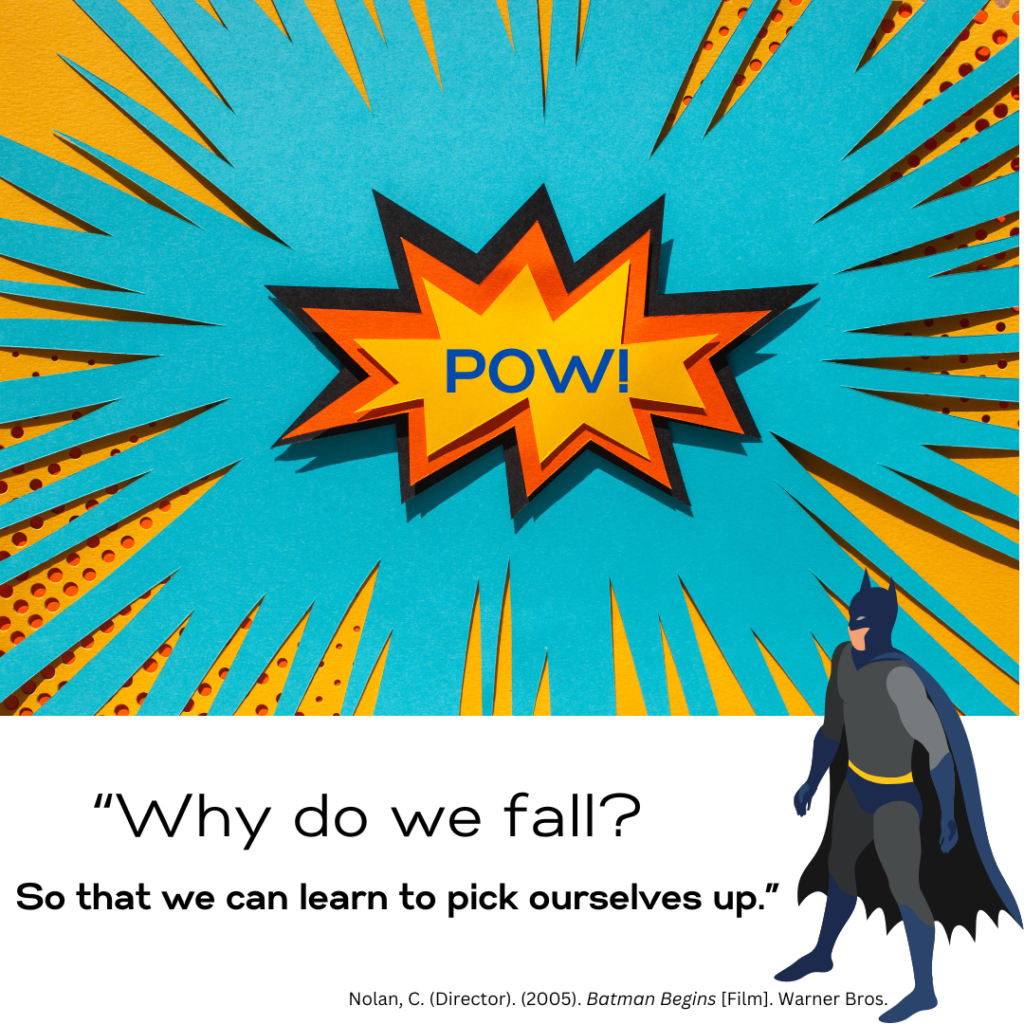
Because the language flung at us, what Morrison calls the “language of media and commerce,” is an algorithmic feed that shovels a “palliative for despair,” churns as the “counter space for products,” and motors the mindless merry-go-round disguised as progress.
To maintain the status quo, tossed about in Leviathan’s waters, we must only remain numb. Numb to our pain, but also our purpose and our power.
Defeats, struggles, and setbacks, if we allow them, wake us up and fling us into space where virtues are developed and proven. By grace, we come into perfect understanding of who we are and our role in divine creation, surrendered to and sufficient because of a higher Source, which calls us to conquer and not be conquered, to connect with each other, in commitment to a common good, to cut the cord of society’s respirator, and to breath by believing.
Leviathan’s turbulence is tamed when dreamers resolve to become doers.
Our trouble is appointed, “not so that (God’s) creatures will be overcome, but so they may overcome.”
St. Catherine of Siena
Why is it important to ‘activate purpose?’
When we come alive to our true nature, we are open to encounter, in service to each other, and resistant to chaos, confusion, and the trap of the material world.
Paulo Coehlo writes: “If you believe yourself worthy of the thing you fought so hard to get, then you become an instrument of God, you help the Soul of the World, and you understand why you are here.”
Amen.

